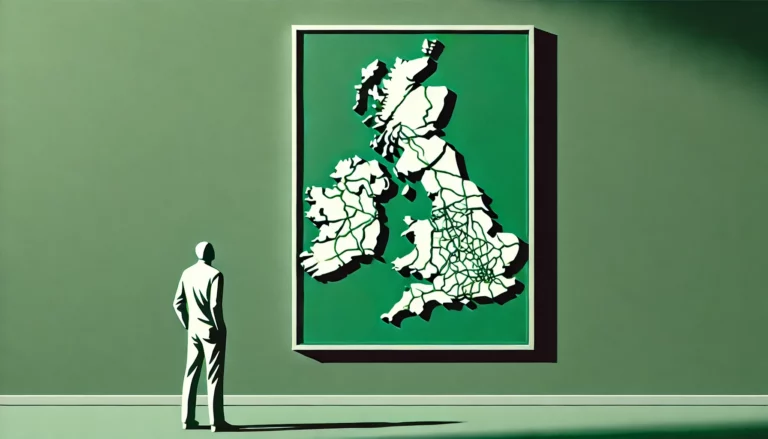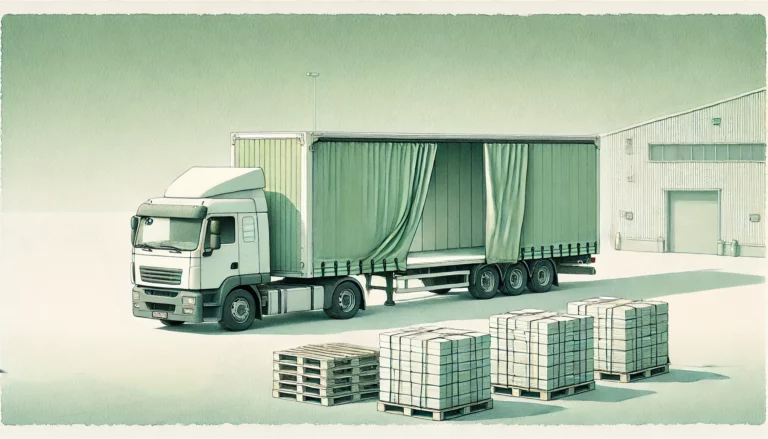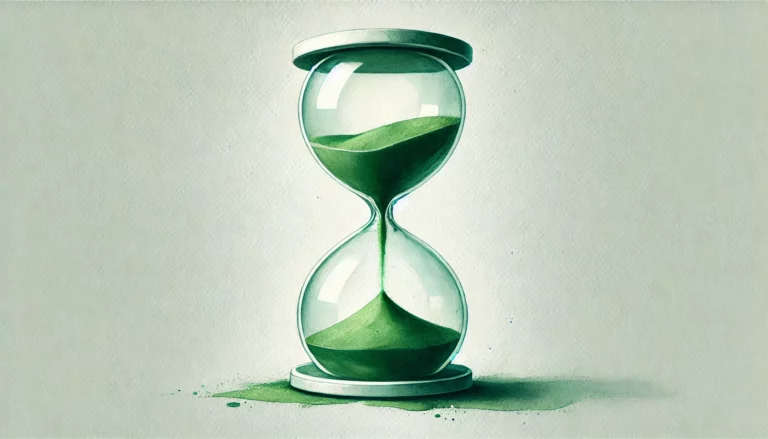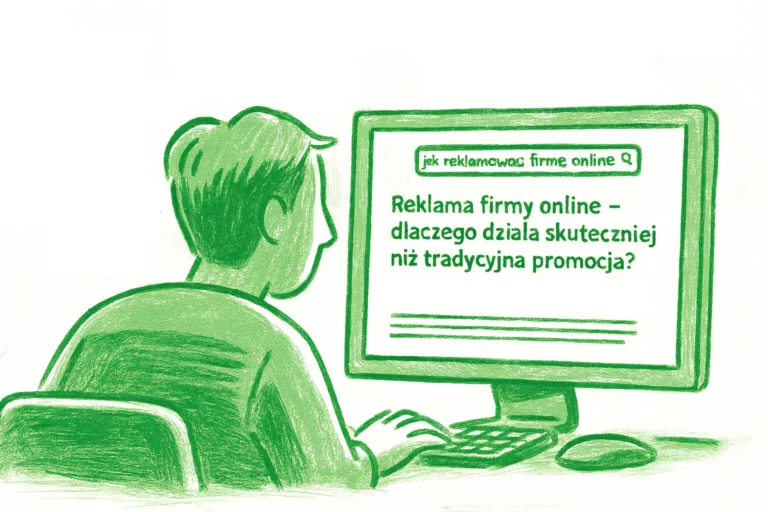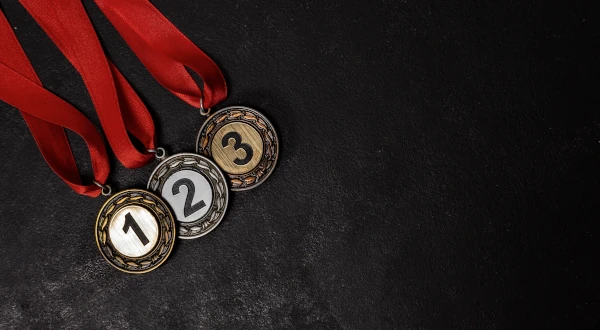Will the Islands drown in electronic waste?

The UK is facing a crisis. Certainly, as the second most e-waste-producing country in the world, it faces many challenges. Just will the efforts of the UK government and the electronics industry bear fruit?
The UK is now the second largest producer of WEEE waste in the world. The latest statistics show 23.9kg of this waste per capita. It is notable that it is overtaken by Norway, where each inhabitant generates an average of 26 kg of e-waste per year. Journalists of the portal resource.co, noted that from 2008 to the present, the amount of electronic waste generated in the Islands has doubled. On top of this, if the trend continues, it will be even worse by 2030.
Numbers are out of control
Norway is actively working to reduce the amount of electro-waste. Undoubtedly, a significant role is played by the so-called take-back principle, which has been adopted, whereby each piece of waste equipment must be collected by a special company and sent for recycling. Producers should also make it possible to exchange old equipment for new, while taking back the used product from the user. This principle encourages producers of electrical and electronic equipment to take more responsibility for the waste they generate. It is worth mentioning that in this country, there are 5 companies collecting electrical and electronic waste. More than 5,000 waste producers and importers cooperate with them.
By comparison, the UK has 28 such companies working with 120 recyclers. This certainly makes a huge difference. On the other hand, reports indicate that around 40% of e-waste from this country is illegally exported abroad, where it is disposed of. On the other hand, those that remain in the country very often end up in household rubbish bins. A report by the organisation Material Focus mentions up to 155,000 tonnes in this case, while almost 200,000 tonnes of waste is left lying around in homes.
What next for WEEE waste?
It is noteworthy that earlier this year the UK Government adopted an Environment Improvement Plan. The aim is to make it easier for citizens to dispose of their e-waste and for the state to control it. The idea is to make it easier for citizens to dispose of their e-waste and for the state to control its transport and recycling. An extensive information campaign is to play a major role here. But will it have an impact on the environmental awareness of Islanders?
Source: https://tinyurl.com/5dex3ms7

